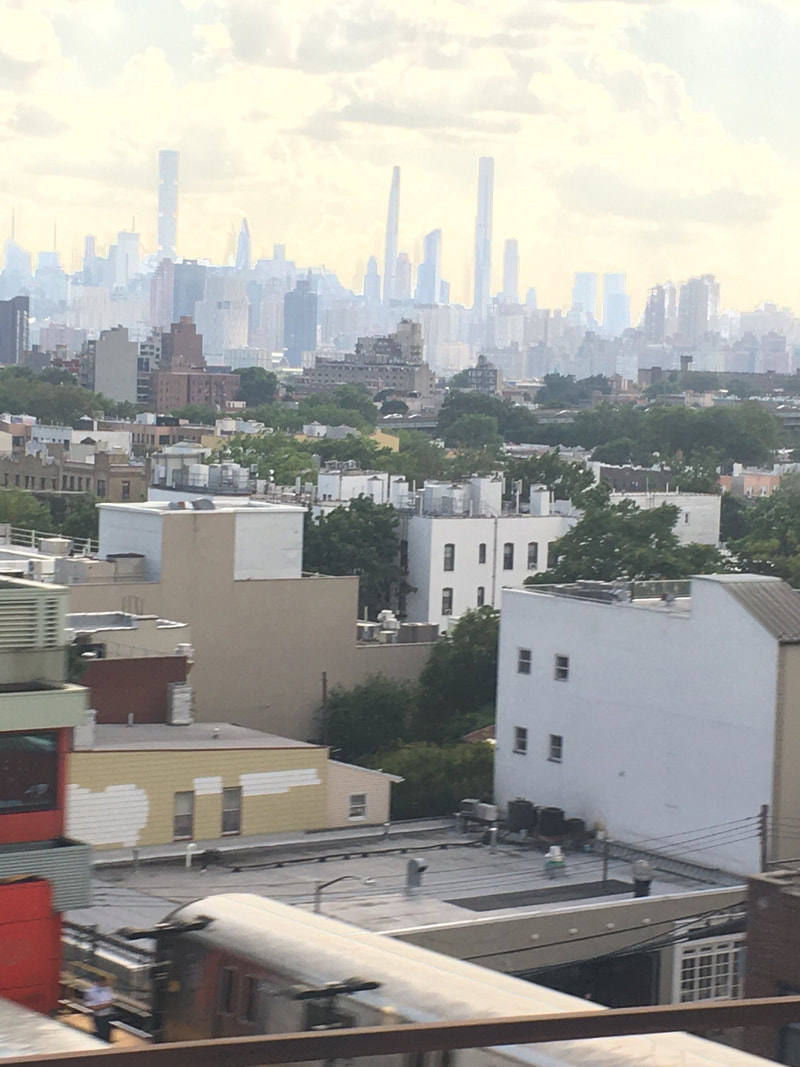The online etymology dictionary says that we get our word "thirst," both verb and noun, from the Proto-Indo-European root *ters- "to dry." We can trace our figurative sense of "vehement desire," as the dictionary puts it, to around the year 1200.
My father was dying of stomach and esophageal cancer and one of the hospice nurses told me that in her many years of working there she had never seen anything worse than the thirst experienced by a person with that kind of cancer.
Tantalus is a Greek figure whose crime was a terrible one and whose punishment left him with undying thirst and hunger.
Why do so many people carry plastic water bottles these days? What is it we're truly parched for? What will it mean to be quenched?
I keep three birdbaths outside our house. I fill them daily and scrub them often. The joy I feel watching crows and jays dip their beaks in and then tilt back their heads to swallow is their gift back to me. The pleasure I experience watching robins clamber in and bathe their dusty bodies is deep. The satisfaction I feel seeing the squirrels perch on the edge and lean forward to drink deeply is wonderful. From various signs I can tell that mammals, under cover of night, drink their fill too, while I dream. Toads live in my vegetable garden; watering, I imagine the water refreshing their soft bodies. I leave shallow dishes with colorful marbles and fresh water for the bees, butterflies, and other insects.
We are creatures of vehement desire. But are we wise enough to keep our water sources clean?


 RSS Feed
RSS Feed